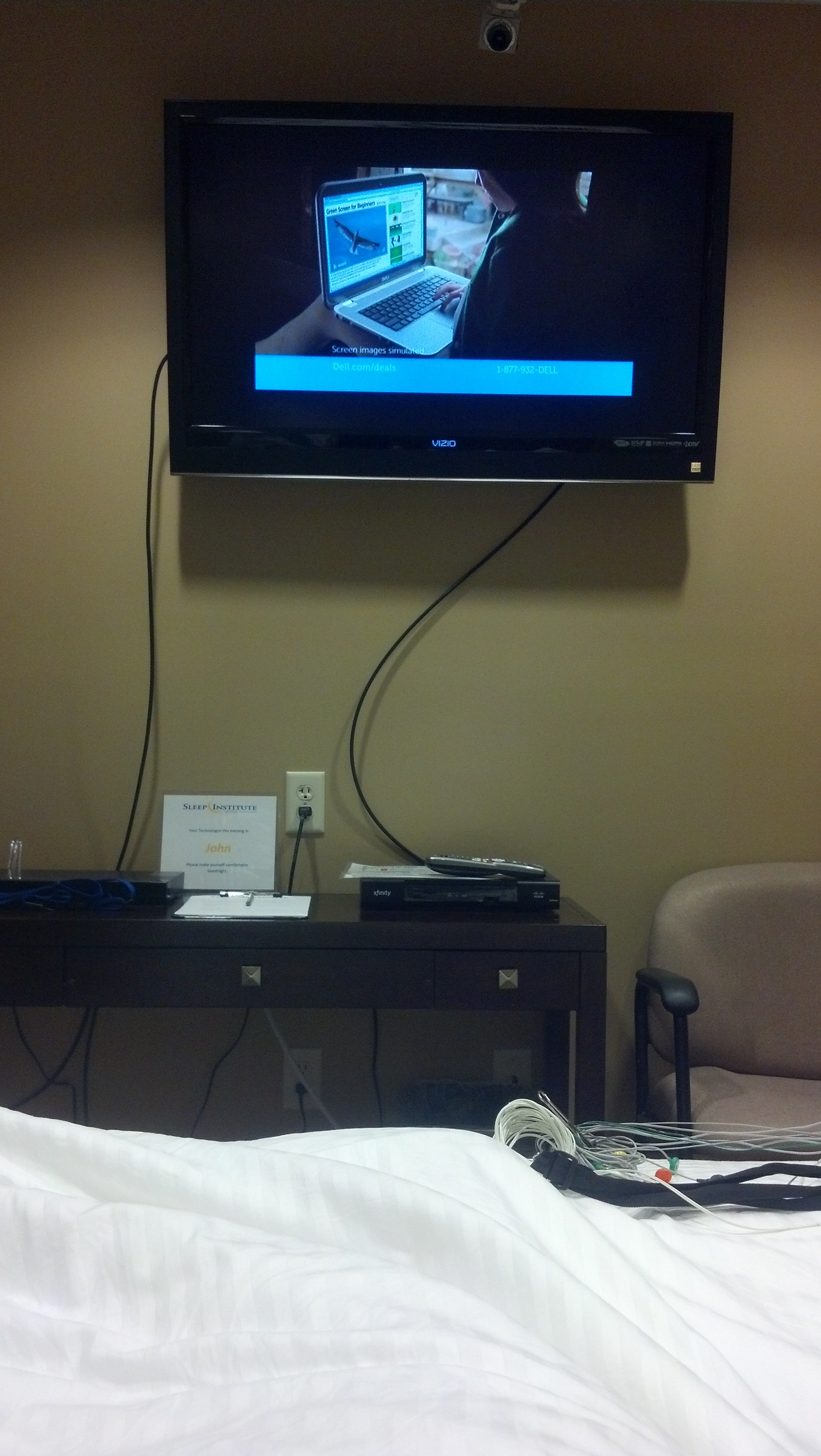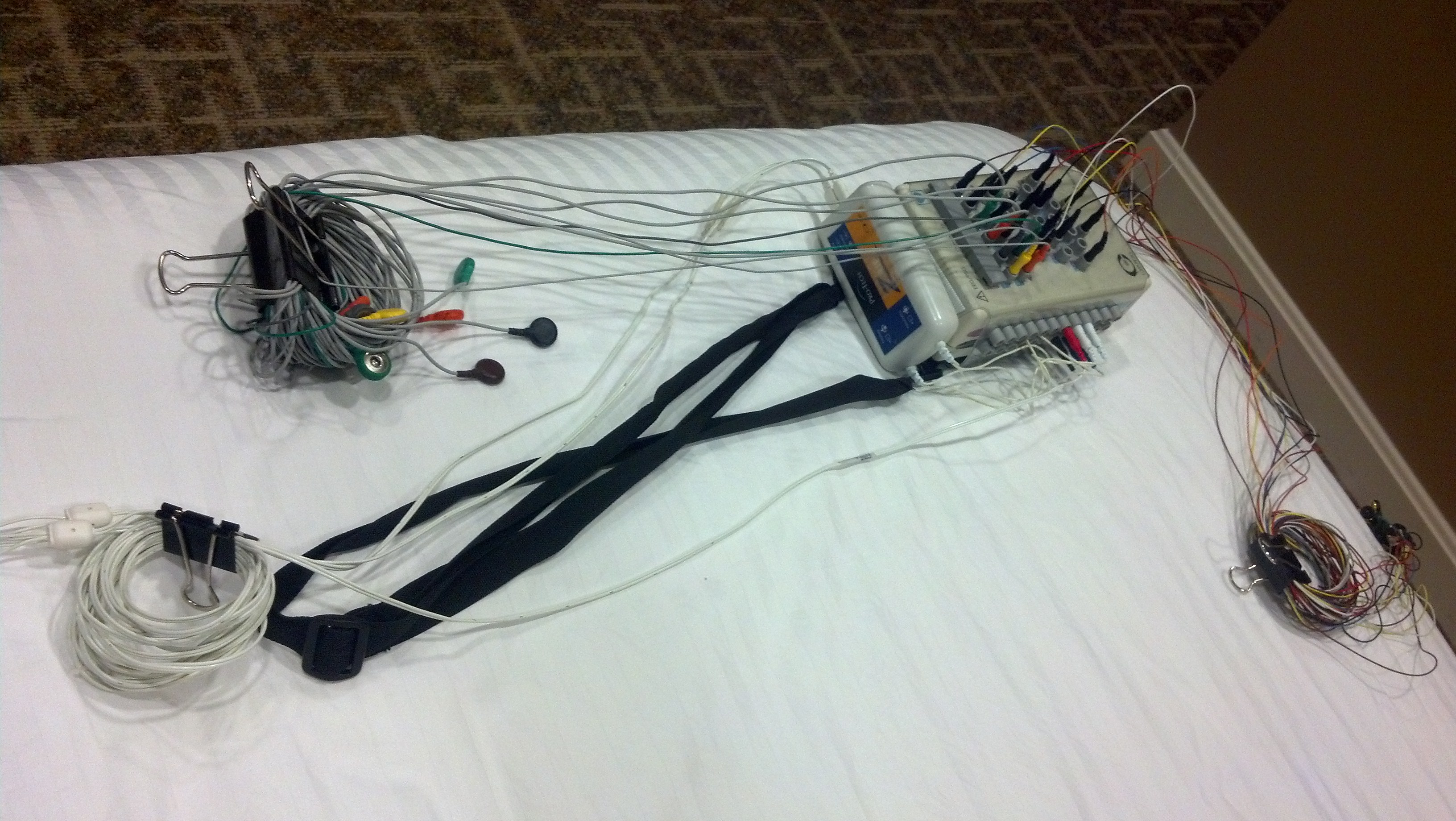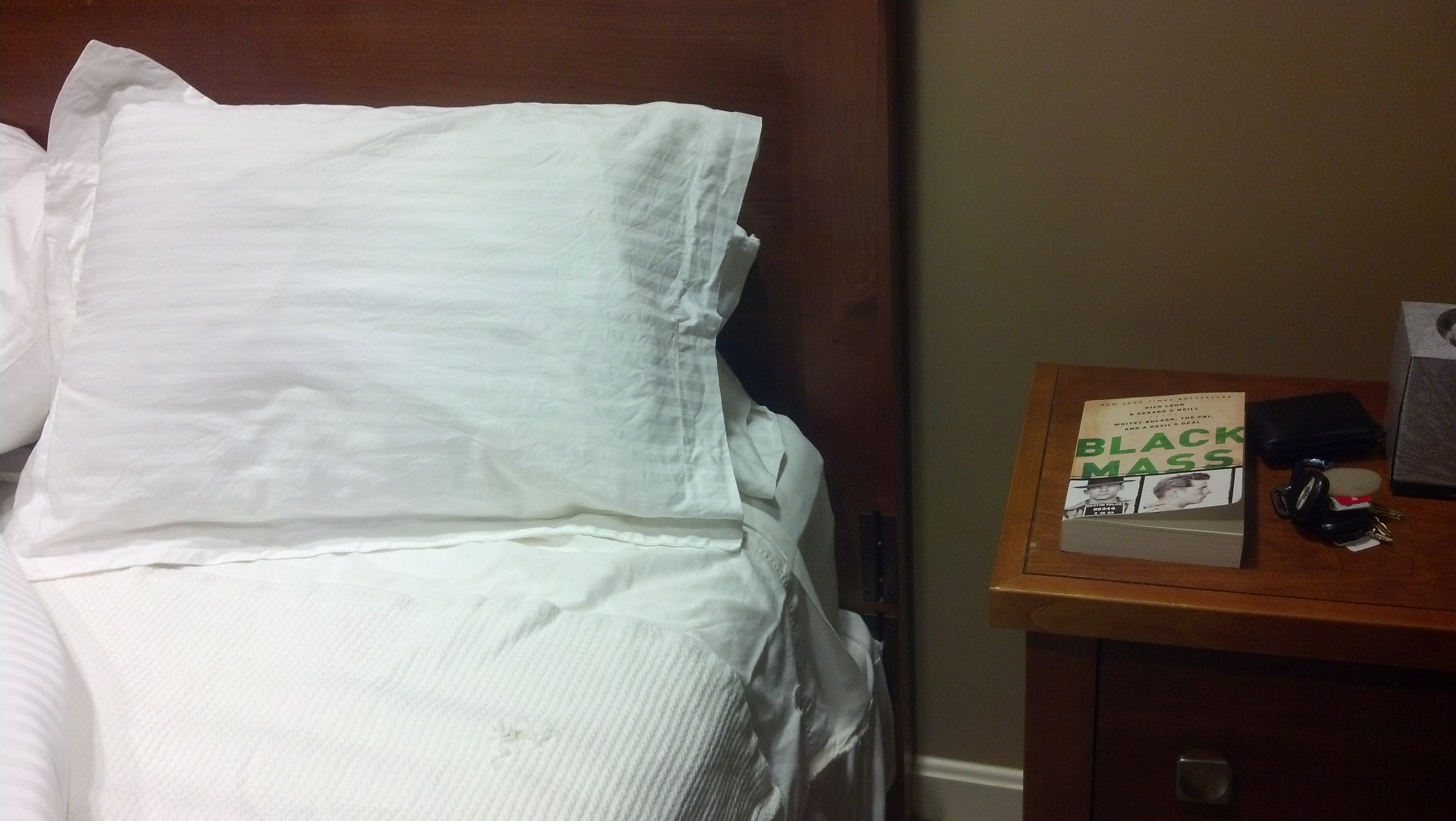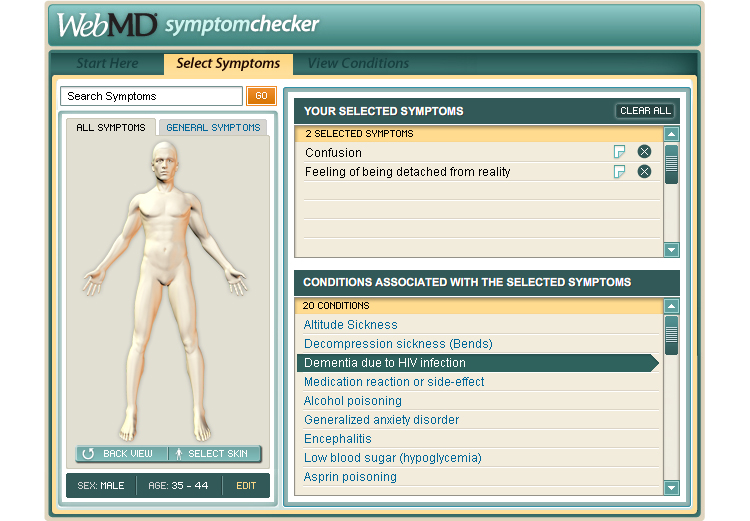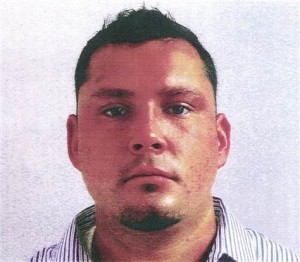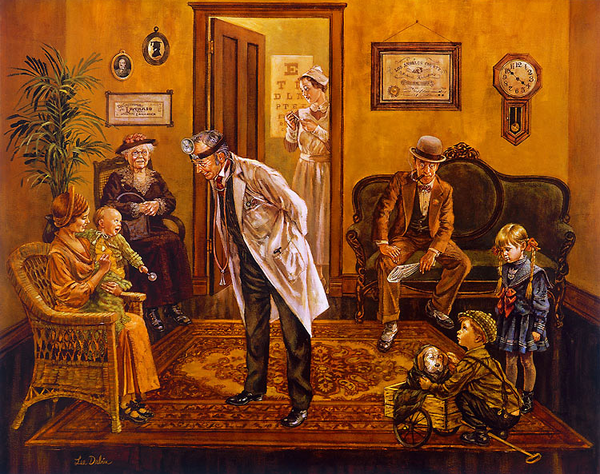I’m a chronic snorer. Hardly a week goes by where I’m not banished to the living room couch at least once for making a racket. My oldest son gleefully tells his buddies that I sound like a “busted chainsaw” at night. Erin has also observed that I sometimes stop breathing for short spurts.
It’s an old problem, and two surgeries to the nose and throat failed to fix it. A hefty weight loss didn’t help much, either.
So last week, I went for a sleep study.
Mood music:
I expected to spend the night in one of your average hospital beds in an average hospital room. Instead, I walked in to discover something not unlike the business-class hotels I frequent. A big flat-screen TV was mounted on the wall, the bed was big and comfortable and the color scheme of the room relaxing, unlike the white, sterile hospital environment I expected.
The tech kept an eye on me all night through the camera above the TV.
The technician, John, came in and had me sit in a chair, while he spent the next hour hooking me up with a bunch of electrodes. As he worked, the two of us howled with laughter at the over-the-top drama of The Discovery Channel‘s Shark Week, which played on the TV overhead.
The wires that protruded from my head, chest and arms as I slept
Then it was time to retire. I crawled into bed gingerly, worried that I’d knock out some of the wires John had painstakingly attached. I brought the book Black Mass — a must-read about James “Whitey” Bulger’s decades-long reign of terror in Boston — and I got through three pages before I passed out. That’s not unusual. At home, I usually fall asleep after just a few pages of whatever book I’m reading.
This bed was damn comfortable.
I only remember John coming into the room once overnight, to tighten an electrode on the chest that had come loose.
He woke me up at 6 a.m. I asked him if I did anything interesting overnight. Did the busted chainsaw make an appearance? “You did snore a bit,” he said, smiling. Did I talk in my sleep, stop breathing or make any bizarre movements? Nope. In fact, he said, I failed to make the top 10 of interesting case studies.
Truth be told, that bummed me out a little bit. First, because that raises the possibility that the real sleep problems I’m having decided not to make an appearance that night. Second, because I don’t like to bore people.
Thursday I’ll get the results of the sleep study. If it proves inconclusive, I may be sent back for another sleep test.
Given the first experience, that wouldn’t bother me at all.

